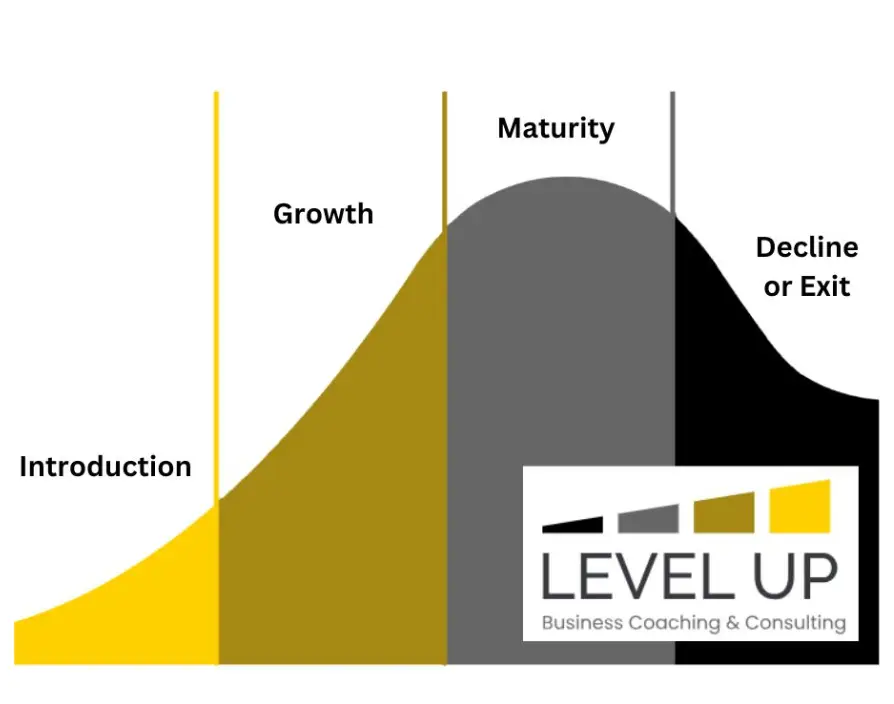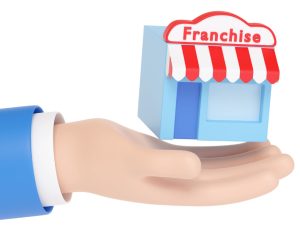Modern society is a miraculous thing. People and information move faster than ever before and we’ve become much more connected. There are amazing opportunities to relocate to different countries and similarly, franchising offers people the fantastic possibility to run their own business. I moved to Canada from the UK over a decade ago when I was in my twenties. Having recently become a Canadian citizen, I’ve been reflecting back over the years and ruminating on the similarities between moving overseas and being a franchisee – both of which I have experienced first hand.
Moving abroad, I could have benefitted from thinking about the bigger picture at the onset. What do I mean by this? I mean the experiences, the emotions, the ‘what will it look like’ picture so that I could prepare for the stages. When you first move, there is that excitement, but inevitable lack of understanding of your surroundings as you try to make sense of your new environment. Excitement turns to questioning and even some resentment as you miss the things that you had back home (good sausages for starters, and my Canadian family would probably agree with me here). The more time you spend in the place, the more comfortable you get to a point of understanding and ‘maturity’.
As it turns out, the experience of relocating is very similar to the ‘franchise lifecycle’. There are four distinct phases:

In Stage one, everything is new and exciting, but franchisees require a lot of support. Franchisees become more self-sufficient in Stage two as they master the systems and processes, but they begin to push back, challenge and even question why they require the franchisor. After this, the franchisee reaches Stage three, ‘maturity’, where they begin to accept, understand and master their business. Franchisees continue to grow on an upward trajectory until they begin to decline or exit (Stage four). The timeframes around this are subjective, but typically, it happens in years, not months.
Having reviewed the life cycle, what insights are to be gleaned? What things are important to know? And what did I wish I’d known when beginning my franchising journey? We’ll look at the first two stages here and cover the final two in a future post. Before jumping in, it’s important to note, by simply being aware of the life cycle and what each stage brings, it can help you to prepare.
Stage one
The subject of how to find the best-fit franchise has been covered previously, but there are some other crucial things to know if you’re considering buying a franchise business. Firstly, (it’s almost a cliché) do your due diligence. That’s great, but what does it actually entail? Research the franchisor’s brand, look into their business reputation and review their financial records (where possible). Ask to see a copy of the contents page of the Operating Manual and their boilerplate franchise agreement. Reading this is critical in helping you understand exactly what you’re signing up for. In addition to these, review the financial framework and assess the viability and profitability in your own market before investing. This might include undertaking a cashflow forecast and break-even analysis based on tools the franchisor provides you.
Once you have signed on the dotted line and become a franchisee, use all the resources at your disposal; from the training you receive, to the Operating Manual (read and re-read this) and to the support you receive. Work on building a good relationship with your franchisor and dedicated support person. Attend your scheduled support meetings and any additional training sessions hosted by the franchisor. Be curious, ask questions. Remember, you’re not alone and you can speak with people who’ve followed the path already, like other franchisees in your network. Ask your franchisor if they offer a mentoring program so you can learn directly from an experienced franchisee.
Stage two
Once you’ve progressed through the introduction stage, you’ll likely be feeling a lot more confident. This may be the time where you’re tempted to make ‘improvements’ to things. Systems, processes, equipment, marketing materials, etc. Don’t. Franchisors are usually happy to receive feedback and suggestions and even allow franchisees create materials – but it’s important to discuss this with them first and get approval before going ahead. Deviating from your training or the brand guidelines without at least a conversation can damage relationships and create unnecessary tension.
That being said, this is a good time to refine your marketing strategy and deploy tactics in order to increase your market share. Get support from your franchisor with this, as well as from your neighbouring franchisees with whom you’ve been building a solid relationship. This is network power in action. You could also start to place more focus on quantifiable KPIs around customer satisfaction, quality control and profitability to ensure that you are maximizing your business potential. Ask for focussed support in your weaker areas or areas that you are less knowledgeable about. Again, continue to utilize all resources available, and refer back to training resources and Operating Manual.
If you’re thinking about buying a franchise, or in the early days of running one, similar to moving abroad- it’s a journey with stages. Ask lots of questions and take all the advice and support you can. Hindsight is a wonderful thing- because knowledge sits on the other side of experience. The shortcut in this journey is achieved by following those who’ve walked the path before you…and this is at the heart of what franchising is all about.








